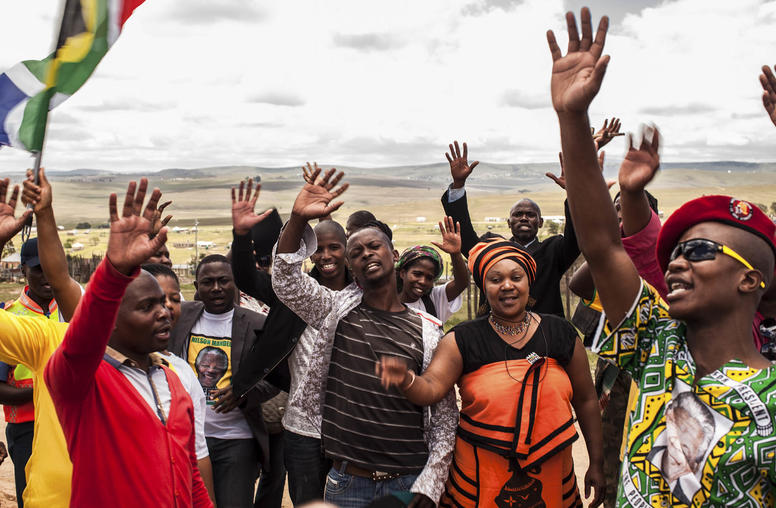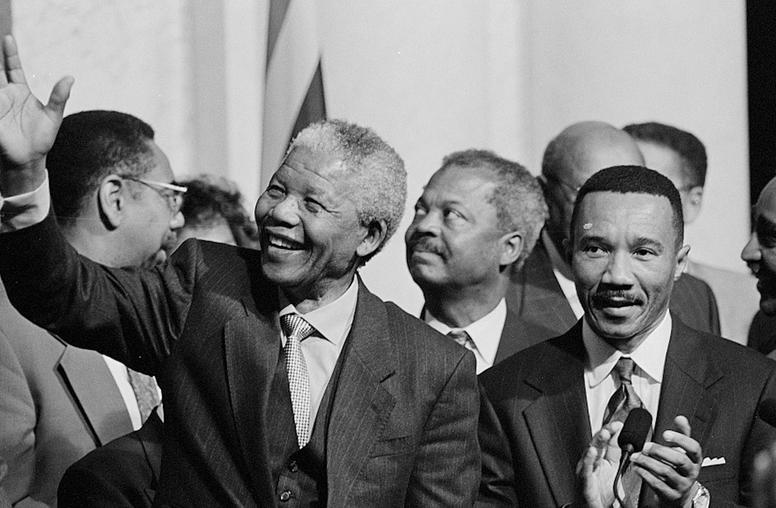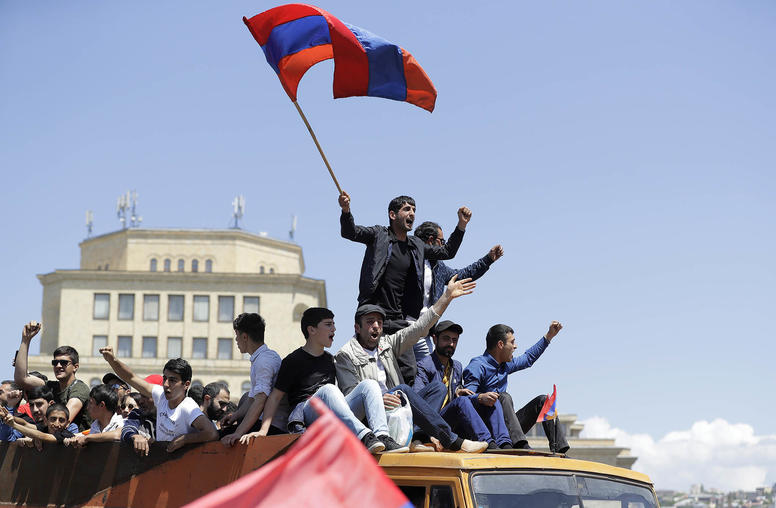Nonviolent Action During Democratic Transitions
A Reflection on Recent Political Transitions in Armenia and Tunisia
In recent years, nonviolent campaigns for democracy have won major victories against violent autocracies across the globe. But after those initial victories are won, peaceful activists face a deceptively difficult question: What happens next? Transitional periods come with their own series of challenges, including drop-offs in popular mobilization, opposition fragmentation, political violence and elite-led counterrevolutions. These challenges are by no means insurmountable — but if left unaddressed, they can undermine progress and ultimately reverse promising transitions to democracy.
On January 12, USIP hosted a discussion on the challenges of nonviolent activism during periods of political transition. The conversation reflected on how recent political transitions initiated by peaceful protests in Armenia and Tunisia have unfolded and consider the role, if any, that external supporters have to play in helping pro-democracy forces navigate these barriers to progress.
Continue the conversation on Twitter using #PeoplePower4Peace.
Speakers
Jonathan Pinckney
Director of Applied Research, Horizons Project
Her Excellency Lilit Makunts
Ambassador of the Republic of Armenia to the United States
Amy Hawthorne
Deputy Director for Research, Project on Middle East Democracy
Rosarie Tucci
Director of the Center for Democracy, Human Rights, and Governance, USAID
Matthew Cebul, moderator
Research Officer, Nonviolent Action, U.S. Institute of Peace



